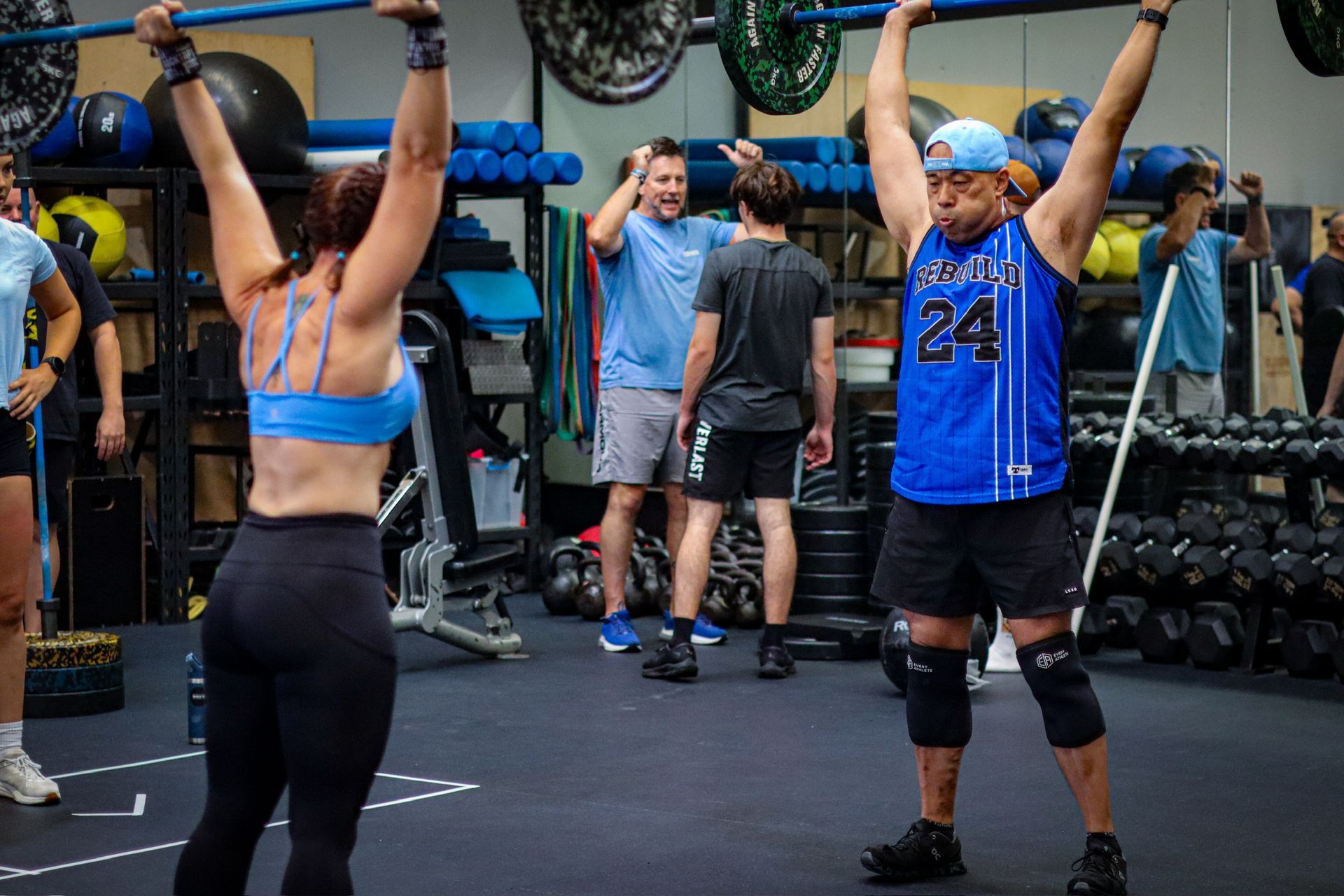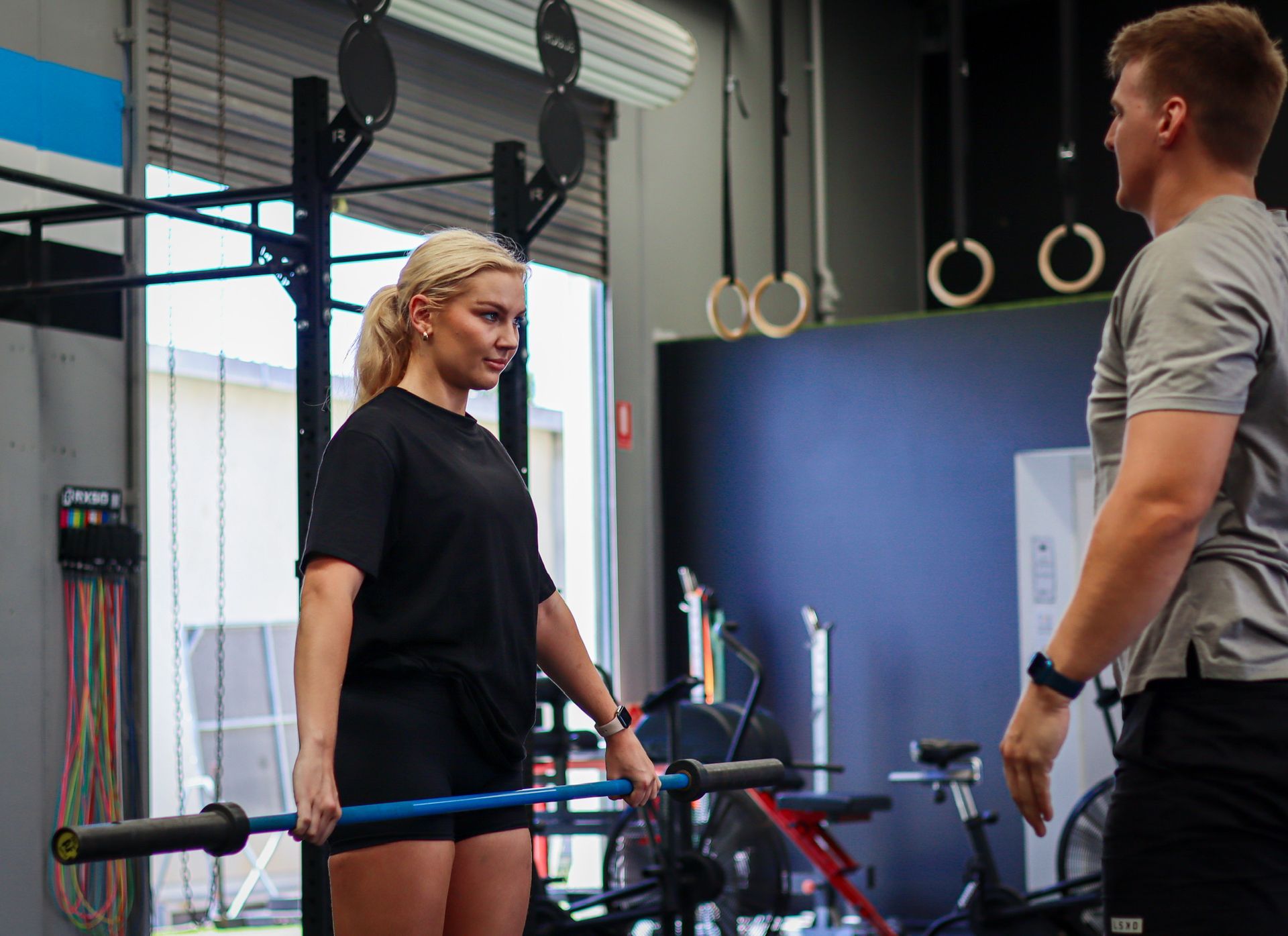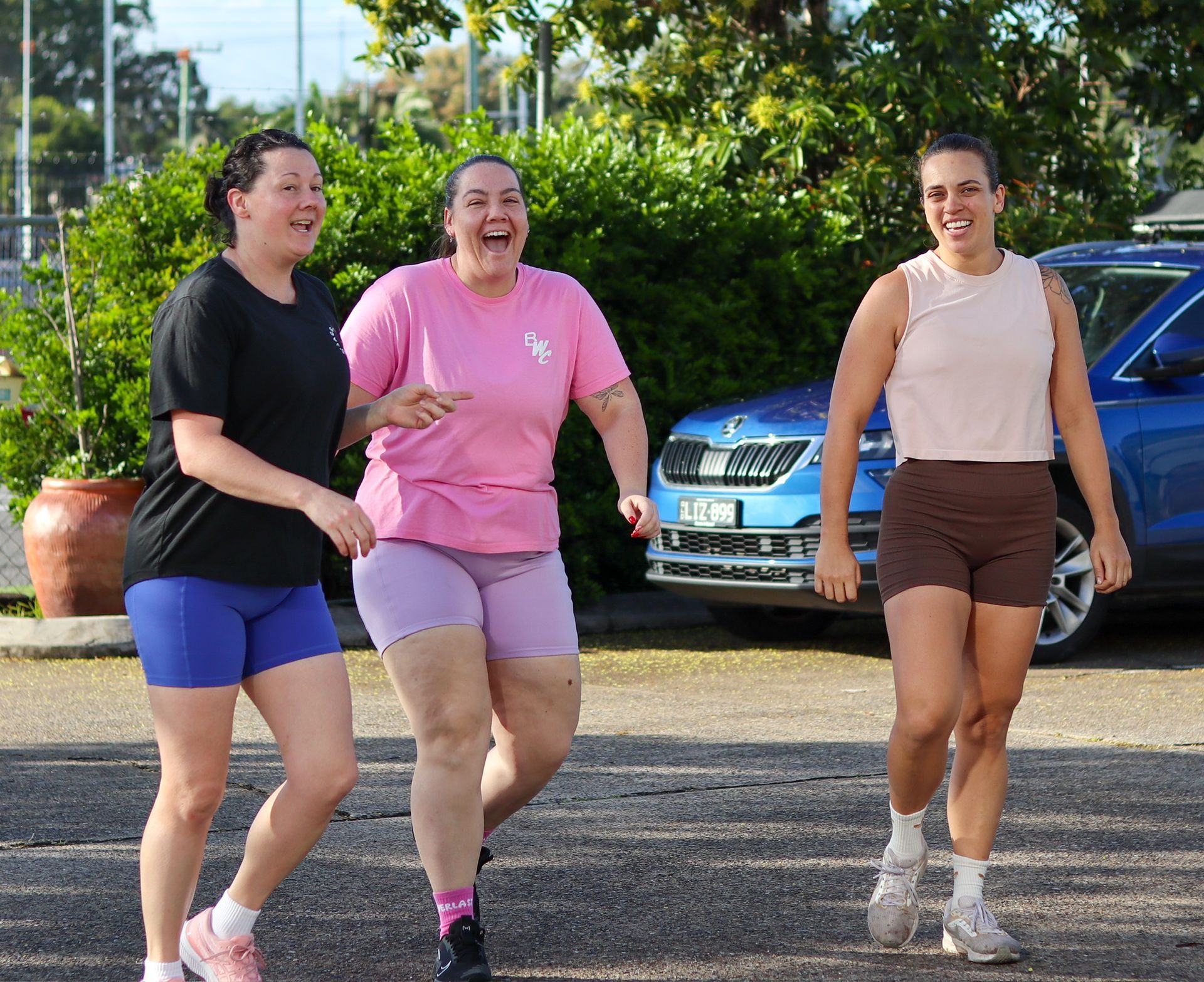I’m A Fitness Coach And Nutritionist And I Hate These 8-Week Challenges
Six and eight week challenges have really taken off in the health industry in the last few years, and as a qualified coach and nutritionist, I’m fundamentally opposed to them. Challenges are problematic – at Rebuild Health & Fitness we consistently hear stories about people being put on restrictive diets, overworking themselves for eight weeks and injuring themselves, or completely smashing it for the eight weeks and then regressing almost immediately. These challenges are an excellent marketing tool for gyms, and yes, they do have their place as a catalyst for some people to create change, but the majority of the time, it’s ‘go hard for eight weeks and then fall off the radar’ and that is just not healthy. In all honesty they are a marketing, money-making scheme; but I understand them. We are all running businesses and they are marketable. My problem comes from the lack of education, it comes from the post-challenge bounce back and it comes with poor or false marketing of hope for people. They ruin people's already poor relationships with food and their self-image with no care in the world. They judge of objective measurements like weight and body fat (which is never measured properly). They become restrictive and look at things as black or white. ‘You can eat this, you can't eat that, you must train X amount of times per week’. They are looking at health as some binary code and it is never that simple. The biggest problems we see are the yo-yo dieting that comes with it and it's the repeat challengers/challenges. Someone smashes a challenge and due to the lack of post challenge education, they gain weight again, so they pay and sign up again to the same challenge that has already failed them. Some of the results I see go against human physiology and sports science. Beginners can make this amount of progress but intermediate or advanced it becomes more difficult. You can make anyone look better in eight weeks with the right dieting protocol around the finish time of the challenge. Hey, I've made fighters lose 7kg in five days. These results can be maintained with the correct education. I would love to see eight-week challenges with four to eight-week maintenance phases but one: most gym coaches don't know enough, two: that's time eating away and another challenge and three: what would be the business model if those clients didn't need them again for their challenges? They're fundamentally flawed, and as we always say, the middle ground isn't a sexy place to be, but it's where you get results. THE ANTI-CHALLENGERebuild Health & Fitness is launching a six-week anti-challenge – to defy all other challenges. Challenges are problematic in how restrictive they are, approaching health from a black and white perspective – which is wrong. The anti-challenge is about working on the overall quality of your life, it's not about objective measurements, it's not who lost the most weight or who gained the most muscle, it's about education and creating habits that align with our values as humans. It's about empowerment and 1% wins that will make people redefine what health is. The first step is the seminar, to talk about building good habits and maintaining them. This challenge is open to all Rebuild Health & Fitness members, free of charge. If you want to change your health for the better, properly, get in touch with our team at Wynnum West, and feel better, move better and look better. The middle ground isn’t a sexy place, but it’s where the change happens.
Previous Blogs




